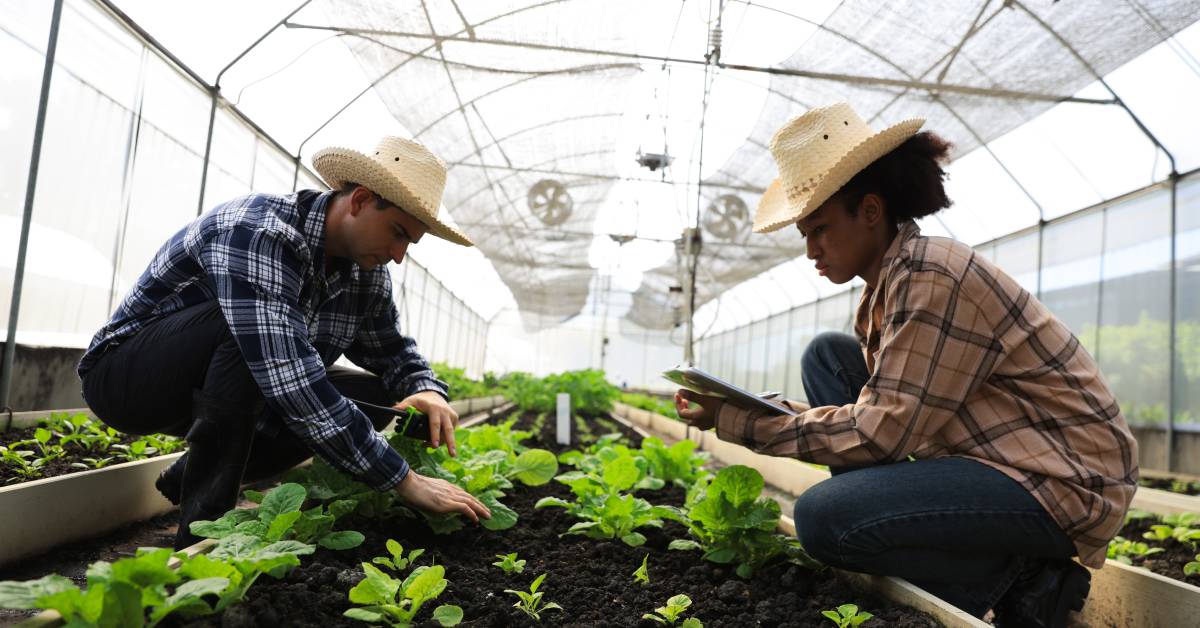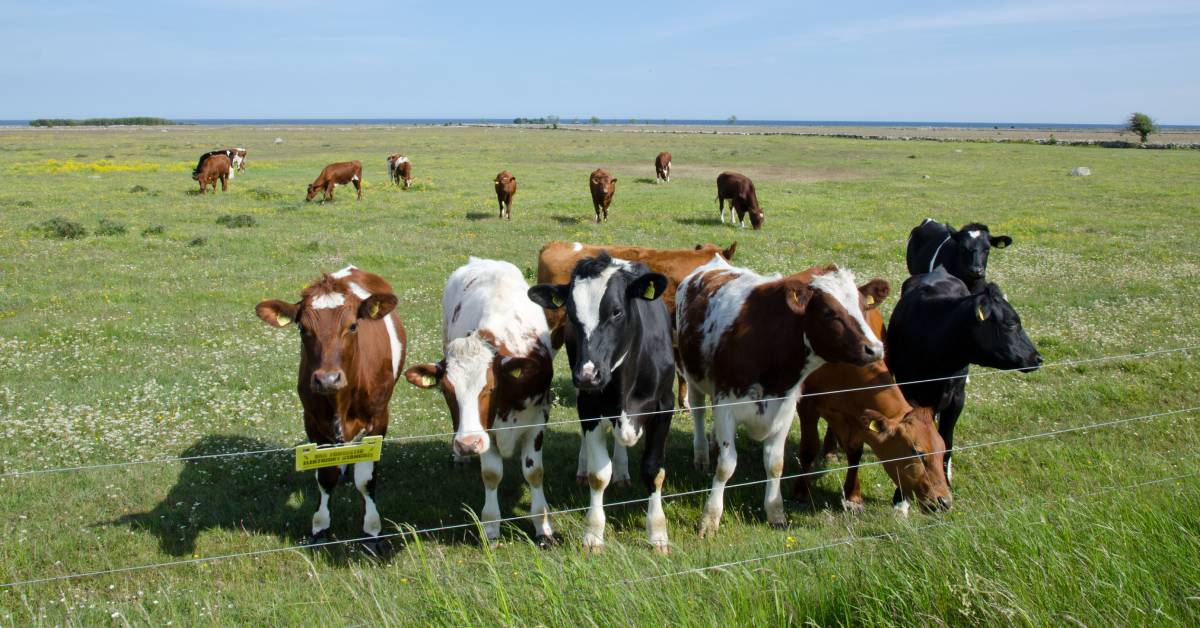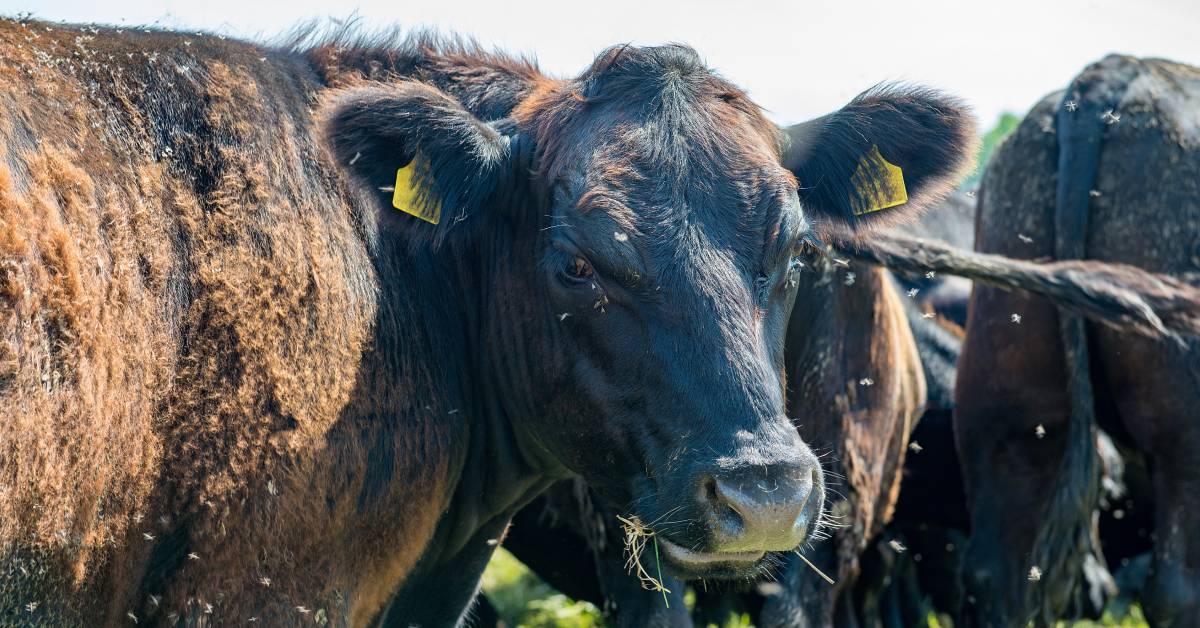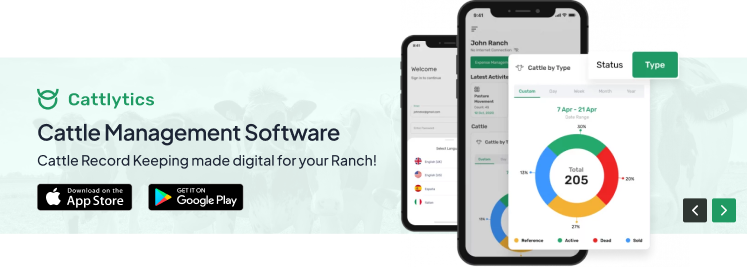Introduction
In today’s rapidly evolving world, it’s hard to escape the buzz around artificial intelligence (AI). It’s changing the way we live and work, and it’s no surprise that the agricultural industry is also tapping into AI’s potential. This article takes a closer look at how AI is becoming a game-changer for commercial farmers. We’ll explore how it’s enhancing efficiency, sustainability, and profitability in farming.
Harnessing AI’s Capabilities
AI technology is making its mark on commercial farming, revolutionizing age-old practices, and helping farmers achieve remarkable levels of efficiency and productivity. Let’s dive into some of the ways AI is reshaping agriculture:
Pest Monitoring, Disease Detection, and Crop Surveillance
Imagine having a device that can monitor your crops and detect pests and diseases in real-time. Well, it’s not science fiction. AI-powered systems equipped with advanced sensors are doing just that. Take, for example, FarmSense’s FlightSensor, an autonomous pest monitoring device. It captures insect signals and environmental data, which are then sent to the cloud. Ingenious algorithms classify and count the insects and present the information on a user-friendly dashboard for farmers. Moreover, AI-driven crop monitoring tools are in development to analyze data related to plant health, soil moisture, and temperature. These tools are poised to help identify early signs of diseases, nutrient deficiencies, or pest infestations, allowing farmers to take timely action, reduce crop losses, and cut down on pesticide use. It’s not just about saving crops; it’s also a win for sustainability.
Precision Farming and Resource Optimization
AI, along with satellite imagery and drones, is providing farmers with valuable insights for precision farming. By crunching numbers on soil composition, weather patterns, and crop growth, AI helps optimize irrigation schedules, fertilization plans, and pesticide applications. This not only ensures that resources are used efficiently, but also minimizes the environmental impact.
Yield Prediction and Harvest Planning
AI algorithms can crunch historical data, analyze weather patterns, and assess crop health to predict yields accurately. Armed with this information, farmers can plan their harvests more effectively, streamline logistics, and optimize storage and transportation facilities. Brands like Crop Prophet are using machine learning and historical climate data to assist grain farmers in predicting crop yield and production. This isn’t just about maximizing profits; it’s also about reducing post-harvest losses and ensuring timely access to markets.
Autonomous Farming Machinery
One of the most exciting advancements is the transformation of farming machinery into autonomous agents capable of performing intricate tasks with precision. These AI-powered machines can automate planting, harvesting, and even weed control. They navigate fields, make on-the-go decisions, and adjust their operations based on real-time data, guaranteeing optimal results. Household names like John Deere and New Holland are at the forefront of developing autonomous machinery solutions for commercial agriculture.
Market Analysis and Price Forecasting
AI can sift through vast amounts of market data, including global commodity prices, supply and demand trends, and consumer preferences. Services like Xyonix use AI to provide accurate market forecasts, helping farmers make informed decisions about what crops to grow, when to sell, and how to diversify their fields. This type of actionable data empowers farmers to adapt to changing market dynamics, reduce financial risks, and maximize profitability.
The Takeaway
The integration of AI into commercial farming practices marks a significant turning point for the agriculture industry. It offers a wide range of benefits, from improved monitoring to resource optimization and increased productivity. AI isn’t just transforming the fields; it’s changing the entire agricultural value chain, from precision farming to market analysis.
However, it’s important to acknowledge that integrating AI into commercial farming comes with its own set of challenges. Issues like access to AI technologies, affordability, information overload, and ensuring equitable benefits for all farmers need to be addressed for widespread adoption and success.
As AI continues to advance, it promises to further transform agriculture. To unlock its full potential, continued research and development in AI applications for farming, along with collaborative efforts among technology providers, farmers, and policymakers, will be crucial. In the coming years, AI is expected to play an even more prominent role in addressing pressing challenges such as climate change, sustainability, resource scarcity, and food security. With AI as a partner, commercial farmers have the opportunity to embark on a sustainable journey towards a more efficient, resilient, and prosperous future for agriculture.








